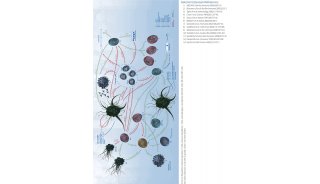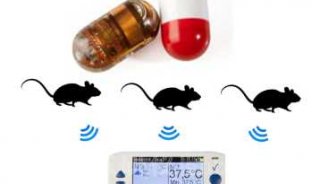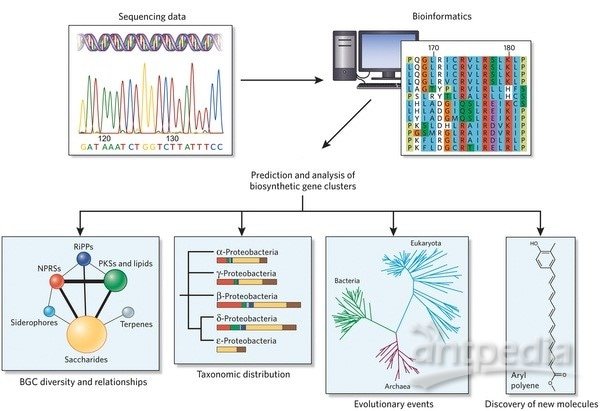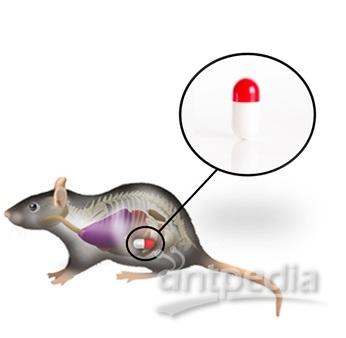CDK Regulation of DNA Replication

Initiation of DNA replication in eukaryotes is a highly conserved, multi-step process (replication licensing) designed to restrict initiation events to once per replication origin per S phase. Its control has been uncovered by the discovery of the cyclin dependent kinases (CDKs) as master regulators of the cell cycle and the initiator proteins of DNA replication, such as the Origin Recognition Complex (ORC), Cdc6/18, Cdt1 and the mini-chromosome maintenance complex (Mcm). The proteins and the sequence of events involved in this process are conserved throughout the eukaryotic kingdom. First, the ORC comprised of six proteins binds to replication origins in the chromosomal DNA. At the end of mitosis, ORC, Cdc6/18 and Cdt1 assist the binding of Mcm proteins 2–7 to chromatin, and chromatin becomes licensed for replication. The activated Mcm complex functions as a replicating helicase and moves along with the replication fork to bring the origins to the unlicensed state. The cycling of CDK activity in the cell cycle regulates the two states of replication origins, the licensed state in G1-phase and the unlicensed state for the rest of the cell cycle. The restriction on licensing is relieved when CDK falls off at the completion of mitosis to allow a new round of replication.
Contributor: Stefan Gruenwald, MD, PhD
REFERENCES: Li A, Blow JJ. The origin of CDK regulation. Nat Cell Biol. 2001 Aug;3(8):E182-4. Review Nishitani H, Lygerou Z. Control of DNA replication licensing in a cell cycle. Genes Cells. 2002 Jun;7(6):523-34. Review.




















